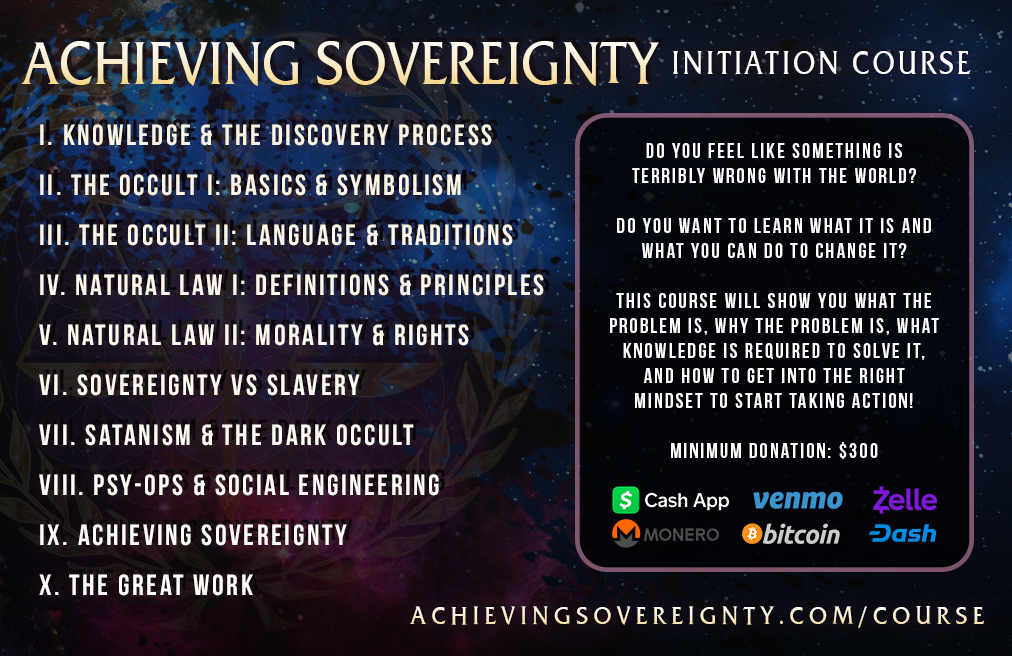Explaining Natural Law is easy, but it seems to be a topic that many people treat like a religious belief if they’ve never heard of it before.
When using the term “Natural Law” rather than any other term, Religionists and Atheists alike tend to assume you’re talking about the physical laws of nature or some Darwinian notion. Calling it “Karmic Law” helps them better understand the gist of it, but still think you’re referring to consequences that happen rather quickly to an individual who does a bad thing. Calling it “Universal Spiritual Law” will often prompt eye-rolls, assuming you’re spouting off new age rhetoric.
There are many different terms to refer to this force, but none have really encouraged anyone to contemplate it who aren’t already inclined towards this kind of information. Some religionists will respond with “well, I believe in God’s Law.” Of course, what they really mean is that they adhere to the whims and decrees written by men who claim to have been “inspired by God,” not grasping the fact that God’s Law IS Natural Law. They’re familiar with the Golden Rule, but don’t put two and two together.
Reaching atheists is the hardest, though. To consider that there are immutable, universal, and inescapable conditions in place that bring consequences down onto entire populations based upon their collective behavior requires a much wider understanding of reality. It requires an acknowledgment of its spiritual nature which they are quick dismiss as “metaphysical nonsense.” All that matters is matter to the atheist. You would think they would be open to this idea considering they accept the unseen physical laws like gravity and inertia, but Natural Law can’t be measured with instruments. It CAN be observed, though. It can absolutely be tested, as well. The only problem is that the results aren’t immediate. If it can’t be tested and observed right away, then it’s dismissed as fantasy.
I can explain Natural Law quite well, but I still haven’t figured out how to simplify it in such a way that clicks in peoples’ minds. Even explaining the allegory of the Eden story to Christians gets dismissed because of how attached they are to the church version. They still think the “original sin” was disobedience to God. They don’t ponder any deeper meaning or even care to understand what the Tree of the Knowledge of Good and Evil represents and WHY eating the fruit was forbidden. They’ve eaten the fruit themselves, so the last thing they want to do is acknowledge that.
So, because of this consistent ignorance, I put together a course for those who DO want to know. It’s for those who are completely new to this knowledge, not anyone here. Of course, no one has inquired yet, but I’ll always offer it. In the meantime, I’ll continue to try to figure out new ways to explain things and attempt to make short presentations like my one on “Original Sin.”
It’s truly a shame how the most important knowledge on Earth is also the most resisted. The Great Work should seriously be re-named as “The Enormously Frustrating and Practically Impossible Work,” because that’s how it feels most of the time. But as I’ve said a few times now, I’m open to any collaborations. If anyone wants to create something to help further this effort in a bigger way – to help teach this stuff more effectively – I’d love to be a part of it.

